Best XC tires 2024 – our expert pick of the fastest rolling mountain bike tires for maximum speed and control
Cross-country tires are the lightest and fastest MTB rubber. You need to be able to finish if you're looking to finish first though and race conditions can really vary too. Our XC experts have tested the latest race tires to find the very best options for how and where you ride
- Best cross country classic
- Best for all-conditions
- Fastest straight line speed
- Best for robust, dry condition racing
- Best budget and superlight
- Best rear tire for mixed conditions
- Best high volume high velocity tire
- Best for dry/loose conditions
- Best for calmly damped speed
- How to choose
- FAQs
- How we test
Nothing makes more difference to the speed and confidence of your mountain biking than the tires you fit. The trouble is that increased control, grip and protection which gives you confidence nearly always means a slower, heavier tire. That’s why XC tires always used to be superlight and skimpy in terms of protection and grip so they accelerated and rolled super fast.
Increasingly tough and technical World Cup courses mean the latest XC tires have got tougher, bigger and more controlled. However, not everyone races the raddest events and some riders will still just want maximum speed and minimum weight. Throw in different conditions from dust to slippery mud and it can be really hard to know which speed rubber to pick.
That’s why we’ve brought two different tire experts together: Pure XC and South African stage racer, Aaron Borrill, and ultra-experienced tester, Guy Kesteven, who's been racing in all weathers since the 1980s. This way we've brought you a truly global perspective of the best tires for every condition.
If you're new to XC or MTB in general and want to know more about how to choose your ideal speed tire yourself, then we’ve got a tech Q&A at the end as well.
For more MTB tire tech, see our article on everything you need to know to choose the best tires for your riding.
And if you're after something with some more grip and bite, you may well want to check out our guide to the best MTB trail tires.
Best XC tires
Why trust BikePerfect
Best cross country classic
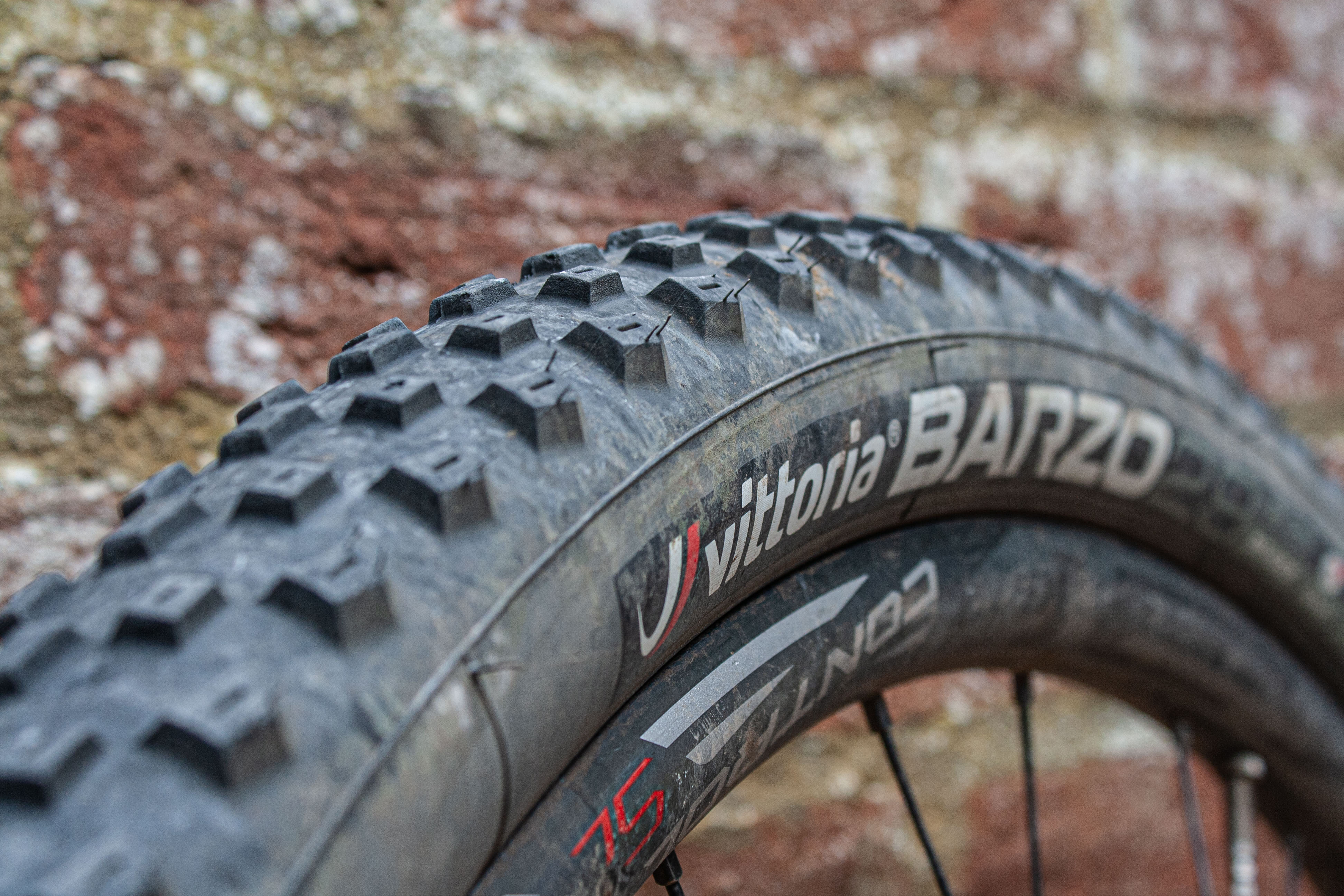
Specifications
Reasons to buy
Reasons to avoid
The Vittoria Barzo is an absolute classic, particularly if you ride in dry, loose conditions and like to run high pressures. We've spent thousands of miles training and racing with this tire including the technically demanding Absa Cape Epic in 2016 and 2017.
The tread pattern is burlier than some of the other options listed here which means it digs into loose or even sloppy conditions better than most and clears OK as well. The hard, fast rolling Graphene compound still provides sterling straight-line speed and the high energy carcass feels fast too. It works well at the rear too, although many racers prefer using the Barzo together with the Mezcal at the back.
The 120tpi nylon casing is strong and our marathon tester Aaron commented: "While there are lighter, perhaps somewhat livelier options available, the Vittoria Barzo is exceptional in all conditions, the only tire I trust based on the thousands of trouble-free miles I've spent using them."
However, it's yet to get the same Race Formulation upgrade as the Mezcal so the carcass doesn't deform as well around rocks and roots as other tires. It can also crumple and fold suddenly at lower pressures. The hard compound also tends to skate around on wet roots and rocks so it wouldn't be our choice for winter woods either.
For further info, see our full Vittoria Barzo review.
Best for all-conditions
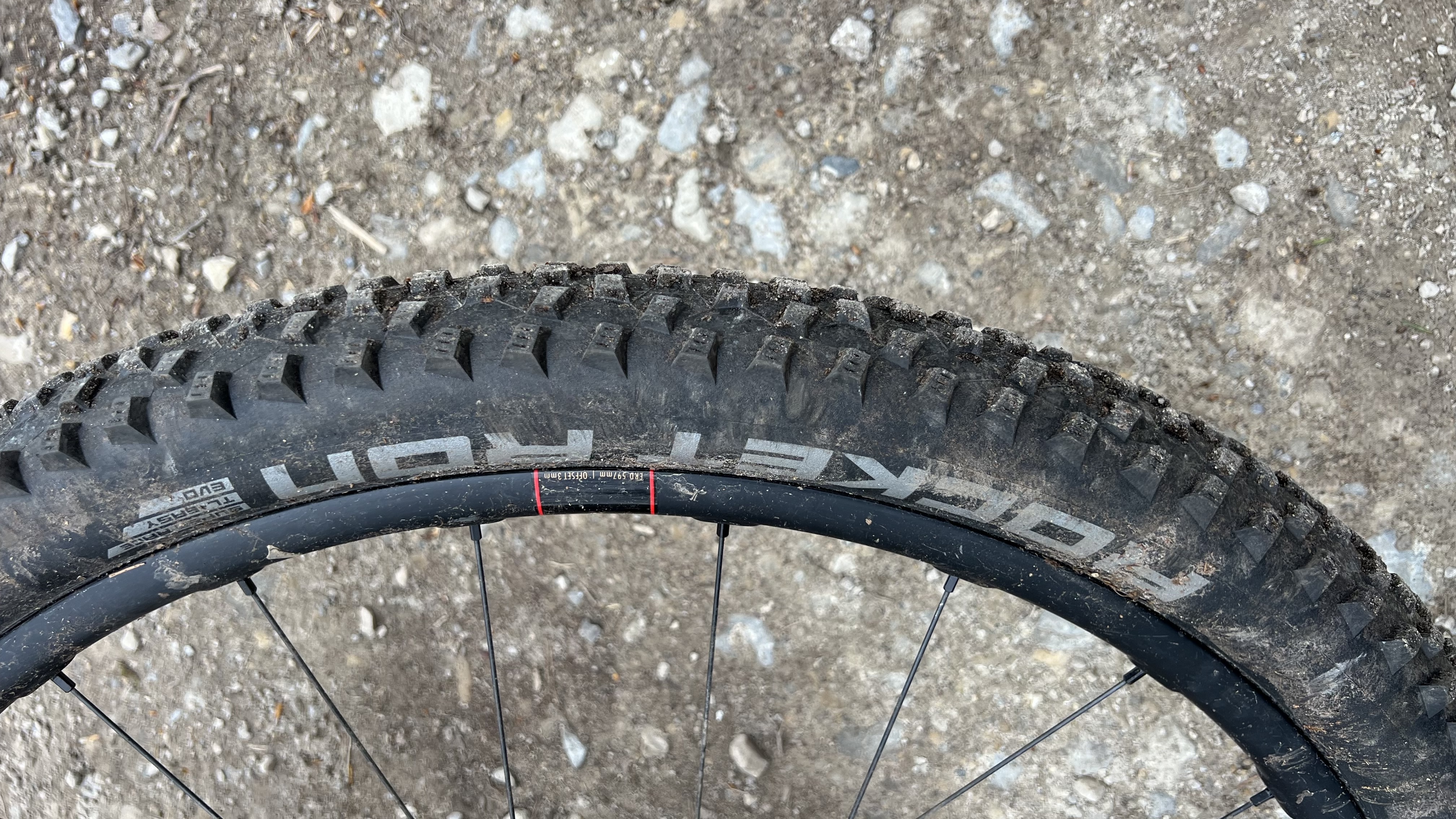
Specifications
Reasons to buy
Reasons to avoid
If you're used to using a sketchy semi-slick for speed, the rapidity of Schwalbe's Rocket Ron will genuinely shock you. That makes it our favorite fit-and-forget year-round, all-condition speed option. The Rocket Ron is the toothiest tire here, with comparatively tall, angular tread knobs from the center right over to the shoulder. That means it can pull trail tire-style grip out of loose and sloppy situations far more reliably than other race tires.
As a result, there's some rumble and growl on hard/road surfaces but somehow that tread still rolls really well off-road and that's where Schwalbe's latest carcass tech really shines too. Choose the super supple, Super Race option and you'll get a tire that glides and flows through rough sections without stalling or choking. It also finds extra grip where stiffer tires slide and stutter. It performs predictably through a wide range of pressures too, so if you need to drop it into teen psi numbers for max traction, it won't feel too drunk or floppy. While it's got minimal physical protection, the Super Race carcass is supple enough to dodge the pinch puncture and rock scuff damage on the trail. Super Race only comes in the fastest, slipperiest AddixSpeed compound, so choose Super Ground in Addix SpeedGrip which adds an extra level of traction. Super Ground also adds more puncture and scuff protection without increasing weight. Alternatively, if you want a slightly faster Schwalbe front tire for dry/loose/intermediate conditions, then check out our Racing Ray review.
Inevitably there are some downsides. That includes the usual Schwalbe premium price and the larger knobs will also wear down their cutting edges faster than a slick tire. On the plus side, it's available in a huge range of sizes from 16in upwards. While the 750g weight will seem heavy compared to skinnier tires, it's on par for the latest generation of larger-volume race rubber we've tested.
See our Schwalbe Rocket Ron review for more detail.
Fastest straight line speed
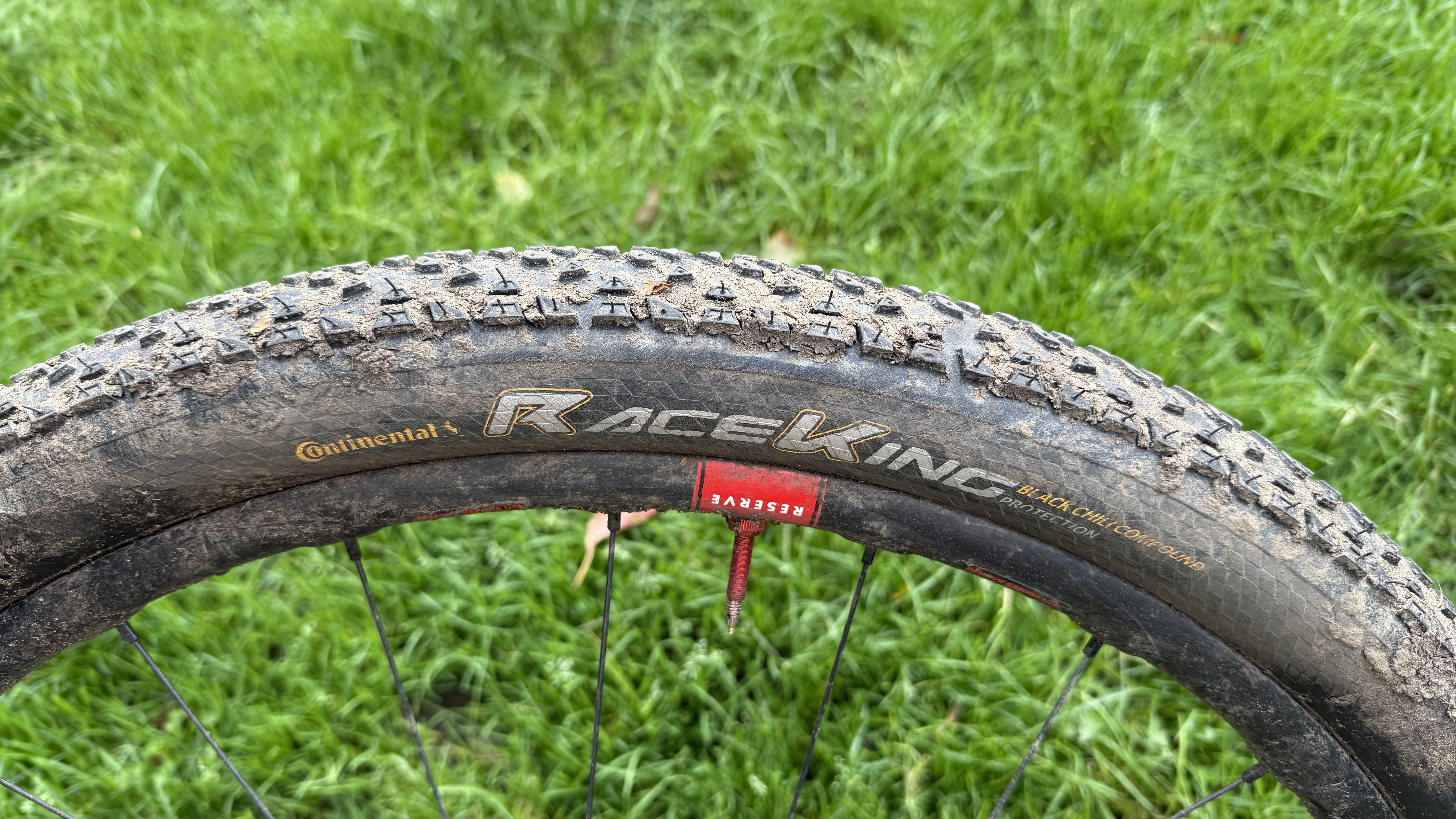
Specifications
Reasons to buy
Reasons to avoid
Continental's Race King has been around for a while but it's still an incredibly fast option for skillfull riders as it showed by winning both World Championship and Olympic XCO gold medals in 2024.
While Tom Pidcock and Pauline Ferrand Prevot actually used prototype ‘Pro-limited’ versions of the Race King, the production tire is still phenomenally fast. In fact, it's so fast that you might think you've accidentally got on an SL e-MTB instead of your normal ride.
A lot of that is down the minimal center tread pattern of shallow triangles with its efficient Black Chili XC rubber compound, but the light weight construction boosts acceleration too. The 3-ply carcass gets an extra 'Protection' layer to keep it reasonably tough and stable at low pressures. It's super easy to fit and inflate tubelessly and it blows up the exact size it's supposed to. Its insane road tire-like speed makes it a great option for marathon racing, epic day rides and bikepacking as well.
The downside is minimal cornering and shoulder grip, so while the rounded carcass tips into turns easily, it'll slip out easily too. The carcass is wider than the tread, so it bounces and scuffs off rocks and roots rather than gripping predictably. While it's not as bad as you might expect, in-line grip is still limited so you need to be subtle and skilled with power delivery and braking in slippery conditions. It only comes in 2.2in width at the moment, though you can still get 26 and 27.5in diameters.
Overall, it's a shockingly quick tire even by XC race standards but limited grip means it's not for riders who are already nervous in technical situations.
Best for robust, dry condition racing
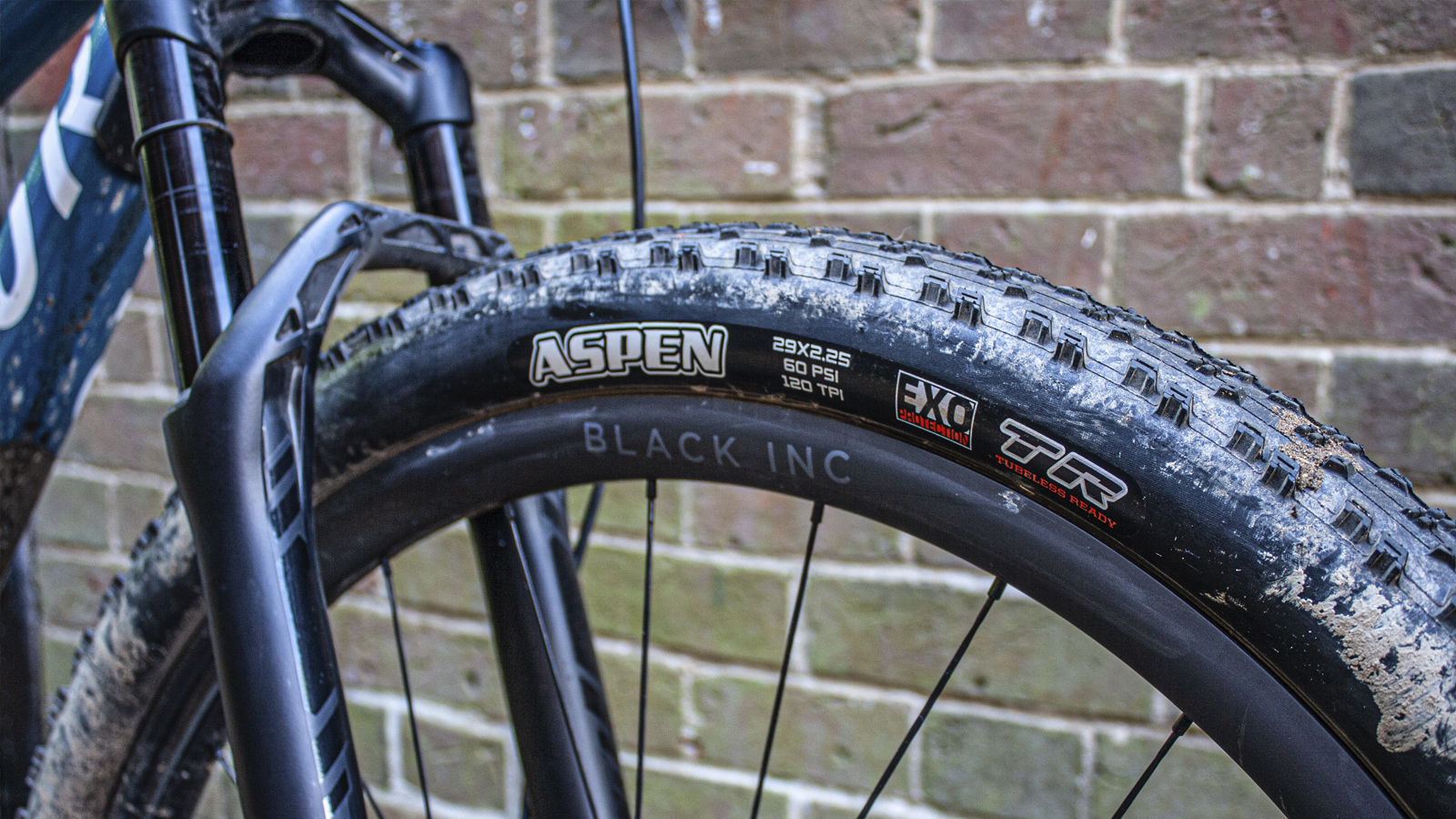
Specifications
Reasons to buy
Reasons to avoid
Despite lacking the aggressive tread patterns of some of the XC tires listed here, the Maxxis Aspen EXO is easily one of the most complete tires on the market, built to deliver a balanced combination of speed and control. Lean into the first corner and the tires bite with aggression, allowing you to push harder as you begin threading each corner together, thanks to the pronounced shoulder knobs.
Coming back to the tread pattern, the Aspens cope well in loose and wet conditions, too. They can withstand trail blow after trail blow if you're more of an aggressive rider who prefers hammering over obstacles as opposed to scything through them. As a result, Maxxis has used its EXO sidewall protection to promote confidence through rocky singletrack, and it works.
The strong sidewalls also allow you to dial in lower pressures, which unlocks even more assurance. To find the right balance requires some fettling, as tire pressures are a personal choice. That said, once you strike that balance you won't be disappointed. The Maxxis Aspen EXOs are easily the most underrated tire on the market, and they shouldn't be because they're actually one of the best.
Our reviewer Aaron Borrill said: "There's a reason the Maxxis Aspen EXO is used by the world's best cross-country mountain bikers – they're fast and super-reliable."
For more information, see our full Maxxis Aspen EXO tire review.
Best budget and superlight
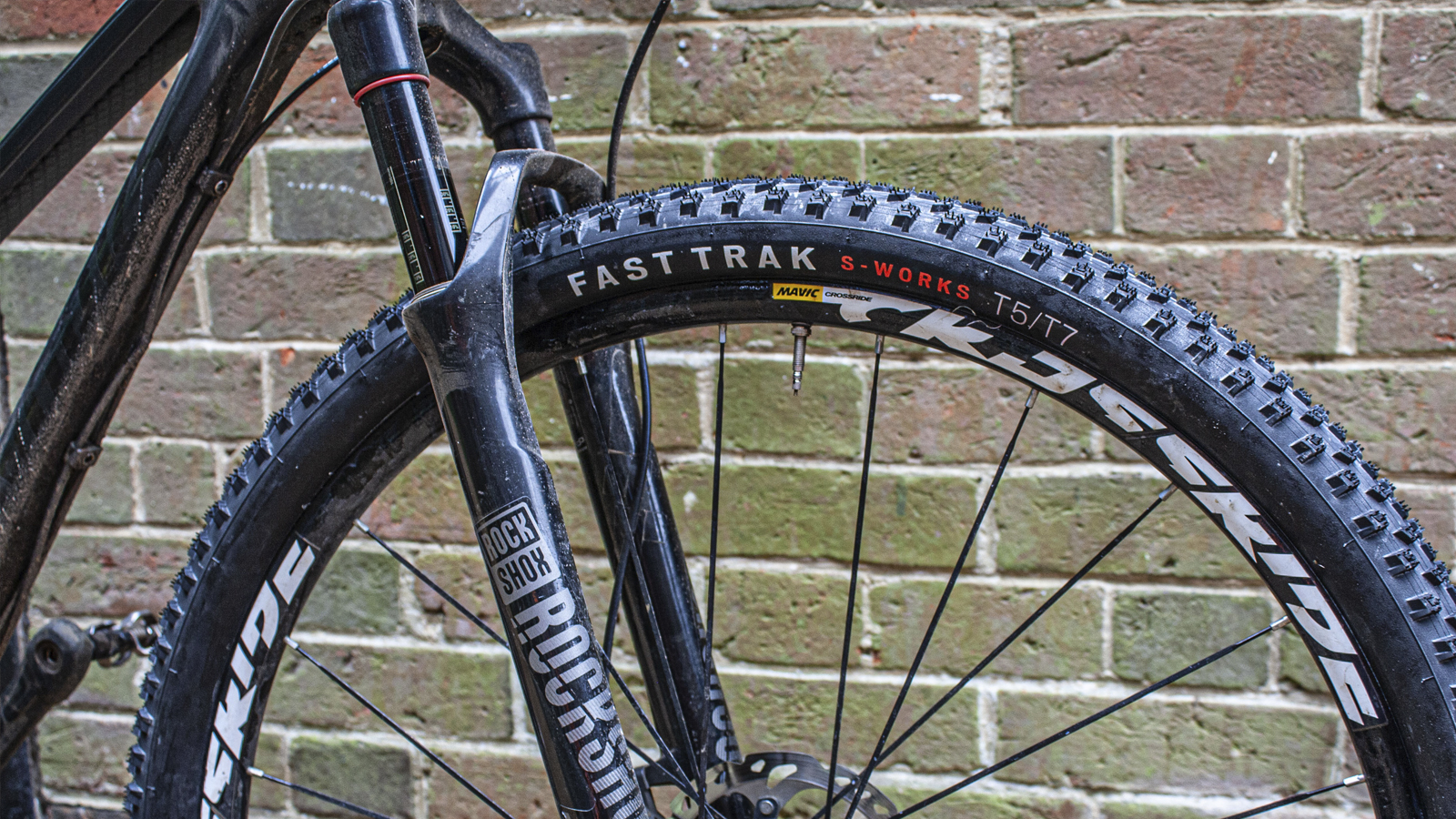
Specifications
Reasons to buy
Reasons to avoid
If you're looking for one of the fastest and lightest XC tires around, look no further than the Specialized S-Works Fast Trak. At 595g per tire (29 x 2.20) it's the only option on the list that dips below the 600g threshold. Somehow it still doesn't suffer from any hiccups in terms of protection though and we've used it for years with no dramas. The relatively aggressive Gripton T5/T7 tread pattern rolls much faster than it looks – which makes it the go-to tire for Specialized's trade teams at races such as the Absa Cape Epic and looser or wetter World Cup XC rounds. That makes it a great default fit for the front wheel and a great option for the rear in wetter / looser conditions.
Minimal weight means it's up the climbs or out of slow turns that the S-Works Fast Traks really give you the edge though. Accelerating and punching up steep kickers as though someone as slipped an SL e-MTB motor into your bike. The supple casing gives great ride feel and trail feedback, boosting compliancy, traction and ride comfort. Like Schwalbe's Super Race it also seems to help the S-Works tires dodge impact and scuff damage better than a stiffer tire. If you do want more physical protection though, the Fast Trak also comes in Control and Grid Trail version which work great for tougher, technical courses or 'downcountry' riding.
Not only is Specialized's XC tire range one of the best performing fast rubber families, but it's also the most aggressively priced. Depending on your territory, that can mean they're half the price of the most expensive tires here, making them an unbeatable bargain for cross-country cost-effectiveness.
For a deeper look at this tire, head over to our full Specialized S-Works Fast Trak T5/T7 review.
Best rear tire for mixed conditions
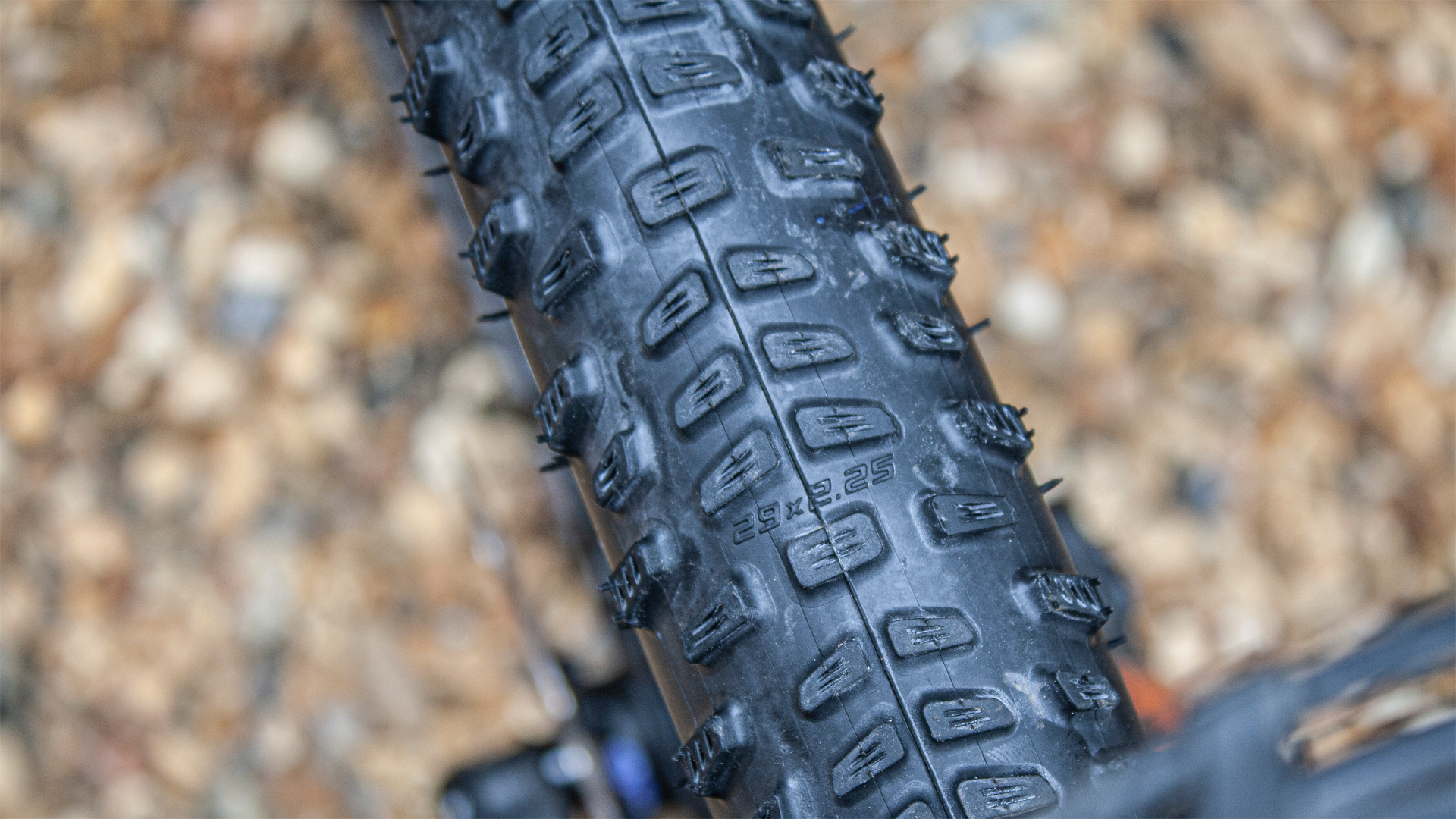
Specifications
Reasons to buy
Reasons to avoid
Racing Ralph has been around as a name in the Schwalbe line up for decades, but it got a total overhaul recently. That's added more grip and versatility while still keeping it a super fast, sweet riding tire. While it's traditionally been used as a rear tire in cross-country and marathon racing, it can also be used at the front in the right conditions now too.
Ralph used to be a diamond tread semi-slick but now it's grown short, closely spaced paddles across the center to give much better grip in loose or soft conditions. That means you can pull the brakes and press the pedals a lot harder before it lets go and reshaped side knobs let you carry that speed through corners too. It does make the tire more likely to clog in clay-style mud though and it's not as fast as a slick tread like Schwalbe's new Rick XC or proven Thunder Burt options. The AddixSpeed rubber compound is a great balance of easy speed and decent wear without skating around and scaring you as soon as things get damp too.
While tread and compound are great, the Super Race carcass is Schwalbe's real secret weapon. The ultra-supple construction means rolling resistance and speed sustain are outstanding. During testing it consistently outran less treaded tires in roll-downs on smooth surfaces and left them for dead when things got rooty, rocky and rough. Despite anything more than a thin anti-puncture strip under the tread, the supple construction helps it dodge damage compared to stiffer, reinforced tires.
Even without any real reinforcement it's relatively heavy which inevitably cuts into instant acceleration. Schwalbe tires also come at a premium price too.
For more, check out our full Schwalbe Racing Ralph review.
Best high volume high velocity tire
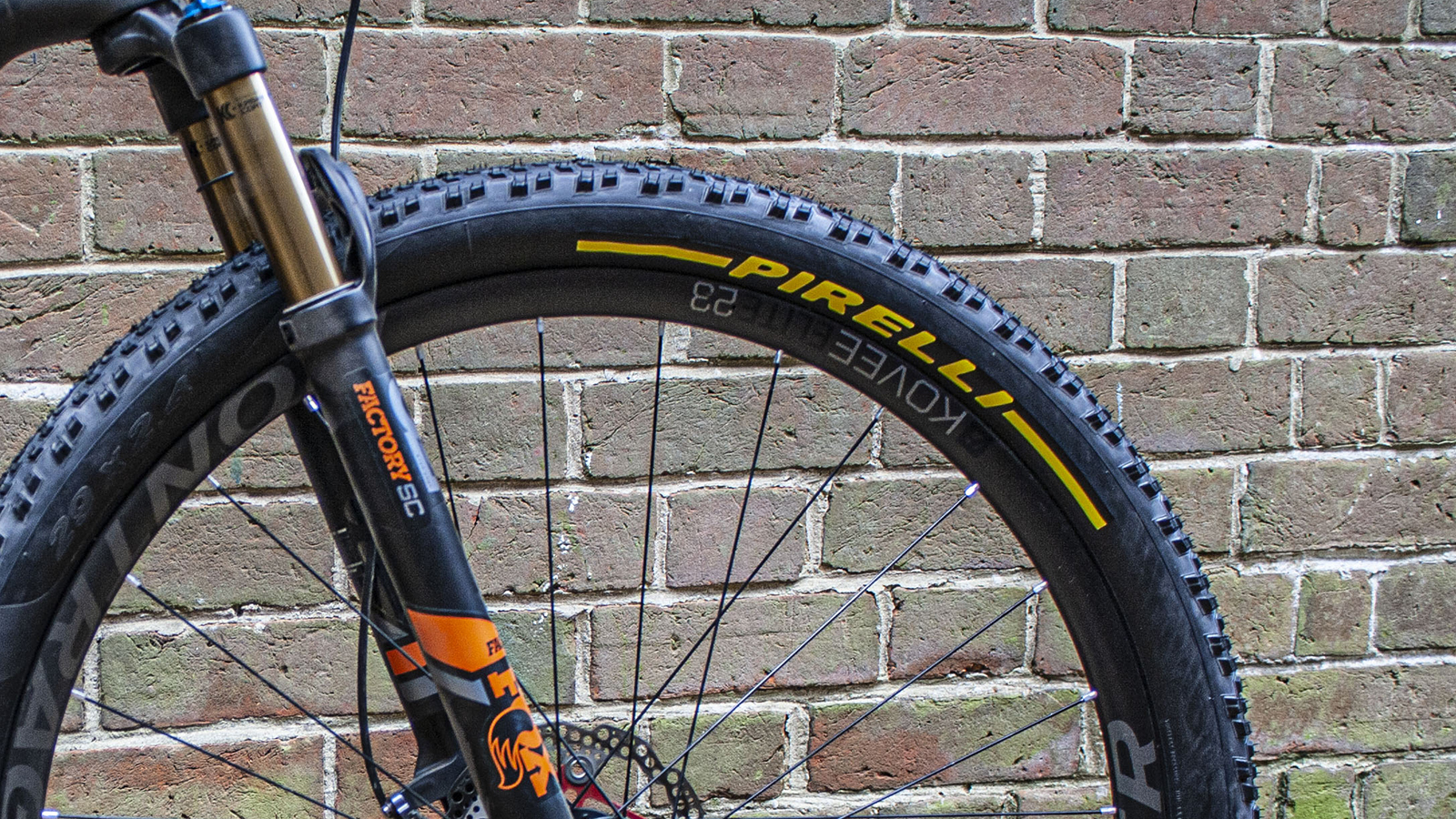
Specifications
Reasons to buy
Reasons to avoid
Pirelli's entry into the XC scene is a tough, grippy, great feeling, high volume tire that's already seen World Cup and World Championship XC success with Evie Richards.
The tires we reviewed are the Team Editions, distinguishable by Pirelli's signature bright yellow lettering on the sidewall. They also feature the brand's reinforced ProWALL casing for added protection against flats and tears. In terms of the tread, Pirelli has chosen a fast-rolling center-tread pattern that mimics a lot of classic speed tires like Hutchinson's Python and WTB's Nanoraptor. It morphs into wider shoulder lugs for impressive cornering grip.
As Aaron reported in his test: "Flick it into a corner and the tire bites hard – you can feel them gripping, sometimes even hear the shoulder lugs as they fight for traction — which allows you to push harder and faster." That's a trait that's been used to great effect by Richard who wins a lot of her races by blasting the most technical descents flat out. A lot of that extra trust comes from the SmartGrip rubber which is soft for an XC tire and the damped, shock-absorbing nature of the ProWALL casing.
However, the rubber used is a single compound rather than being harder in the center like most XC and trail tires, so Scorpion doesn't roll as fast as it looks. The calm and controlled character of the tires also makes them feel slower than a more lively, springy carcass. Despite a 120tpi, the XC RCs are not particularly light either, tipping the scales at 748g per tire which dulls acceleration. It does let you run lower pressures though, increasing the control and anchored feel of the tire even further. It's proved tough and controlled enough to handle seriously tech and tire-traumatic environments like the brutally rocky Lake District in the UK so it works as a fast downcountry option too.
In his review Aaron also concluded: "The Pirelli Scorpion XC RC Team Edition 2.4 tires prove wider doesn’t necessarily have to be slower. The traction and control benefits afforded by running lower pressures – something that has even greater potential on wider rims – far outweighs the benefits of lighter tires."
Find our more in our full Pirelli Scorpion XC RC Team Edition 2.4 review.
Best for dry/loose conditions
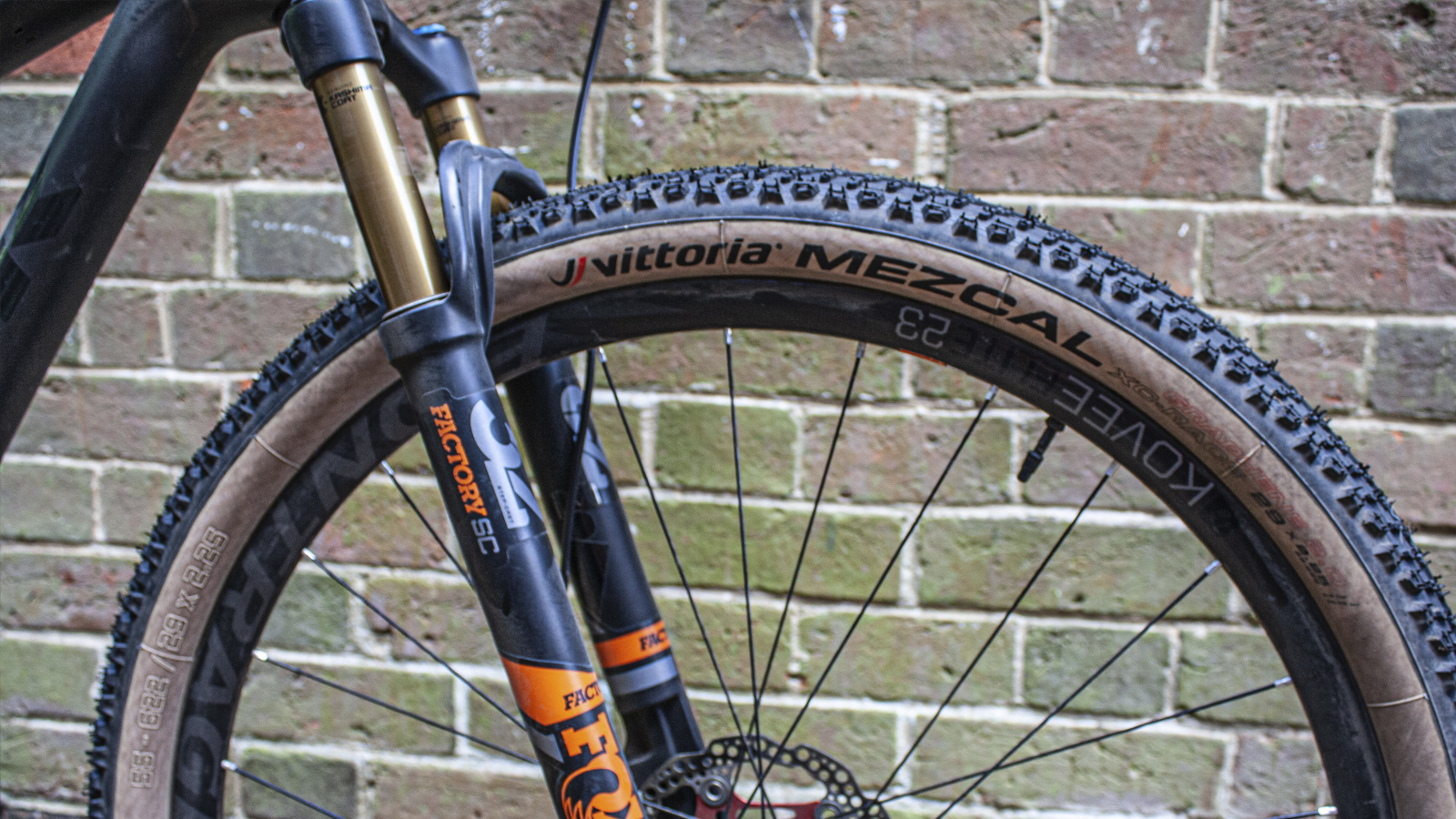
Specifications
Reasons to buy
Reasons to avoid
Vittoria's Mezcal has always been a super popular tire, especially in areas where trail conditions are dry, dusty and loose. It's springy, skippy feel also makes it a favorite or riders who like to run higher, harder pressures. If that sounds like your kind of thing, then stick to the smaller sizes and you'll be as much of a super fan as Aaron was during testing: "As a long-time user of the Vittoria Mezcal and having raced on them in myriad countries, the way they perform never ceases to amaze me."
If there's one tire brand that divides our XC test team though, it's Vittoria. Guy Kesteven found the older versions too slippery and skittery to feel confident on wet rocks and roots and didn't like the way they could suddenly fold and stumble if you dropped pressures low.
However, the latest Race Formulation version of the Mezcal has a new silicon-infused rubber compound and all new tougher, 2.4in wide carcass. Guy has been testing these for months and come away impressed as they're a lot more predictable at lower pressures. The new rubber recipe means they grip in a similar way to most other XC tyres but longevity of tread and construction seems even better. Unlike most '2.4in' tires they actually blow up close to that rather than being much narrower. That does increase their weight in line with other larger volume new generation tires, but what you lose on the scales you gain in confidence on challenging terrain.
Overall a great update of a popular classic for more aggressive riders and courses, but still primarily a dry and loose conditions tire rather than a wet weather winner.
For more info check out our full Vittoria Mezcal review.
Best for calmly damped speed
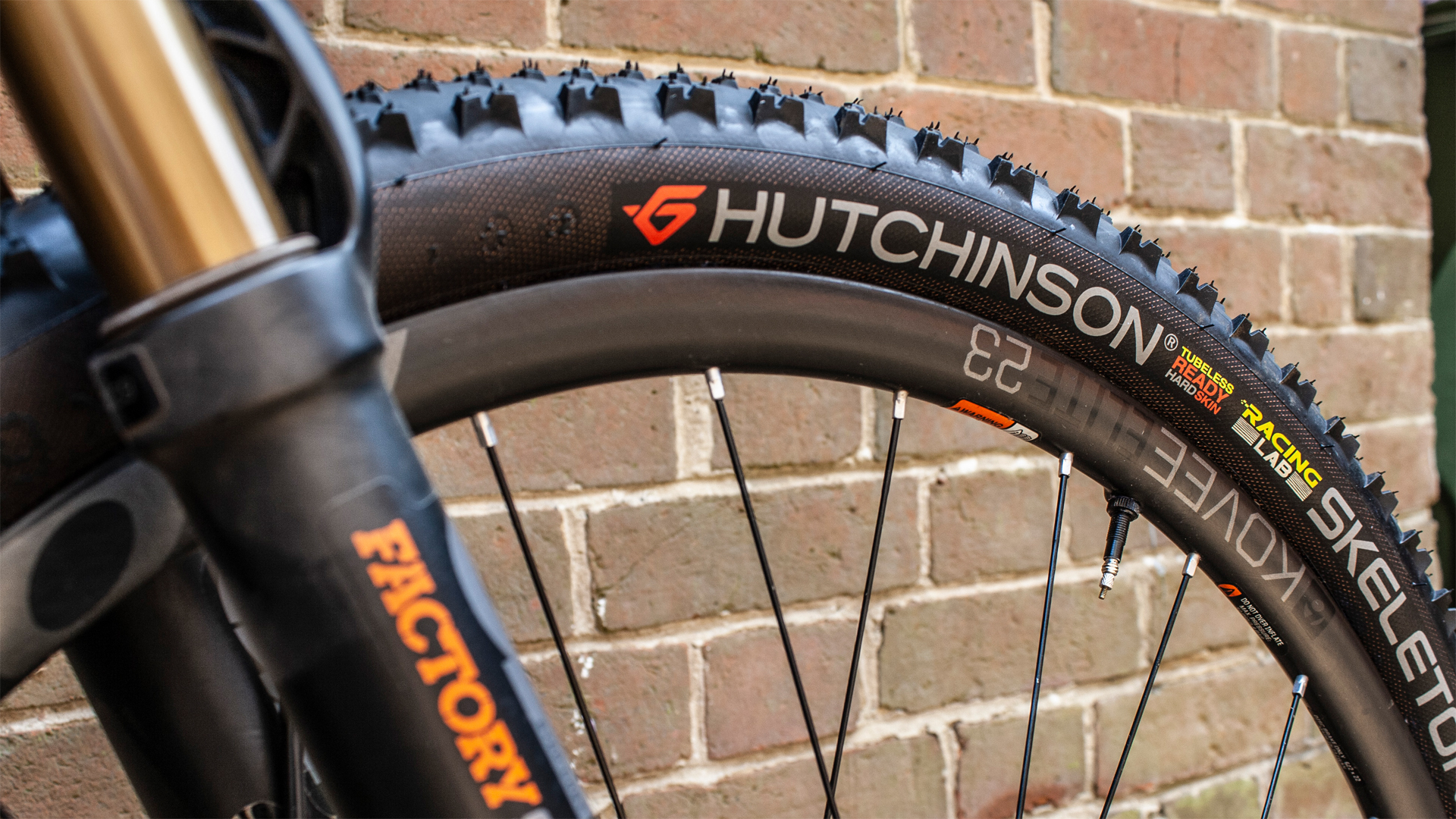
Specifications
Reasons to buy
Reasons to avoid
As you'd guess from the very low tread, the Skeleton Racing Lab from French brand Hutchinson is the super-fast option in the French brand's arsenal. That means you need to go easy on heavy braking or savage acceleration if you want to keep it hooked up. The higher shoulder and relatively soft rubber compound mean it's still got reasonable cornering grip if you commit to the lean.
The pliable, damped feeling 'Hardskin' carcass helps flatter grip on more irregular surfaces like roots and rocks. It also reduces vibration and fatigue on longer/rougher rides so it's a friendly and forgiving tire overall.
The damped feel means it doesn't feel very lively or rapid though, and the softer compound means it's not physically as fast as you might expect either. Pricing is reasonable though and it's an easy tire to work with in terms of sealing, inflating and reliable overall durability.
If you want a bit more straight-line security – maybe for the front – we suggest the very similar but deeper tread Hutchinson Kraken tire. Our reviewer Aaron Borrill summed up: "Overall, you get a really good tire for the money which offers good balance between speed and grip (in the dry, at least), which makes it a worthy consideration for lap racing."
For more, head over to our full review of the Hutchinson Skeleton Racing Lab tire.
How to choose the best XC tires
While XC tires increasingly share a lot of tech and trends with the best mountain bike tires, there are still significant differences when it comes to race rubber. These include the rubber compound itself, durability, puncture protection, tread pattern, tire width and tire size.
We've covered the basics here and then covered other popular inquiries in the Q&A afterwards.
29inch wheels
29er wheels caught on first with XC riders when they realized the larger diameter meant a smoother, faster roll that literally outweighed the increased mass and slower acceleration. Now all XC race bikes except some extra small-sized options come with 29er wheels front and rear as standard.
Tread pattern
Big pointy knobs are great for grip but bad for rolling efficiency. That's why the fastest XC race tires are what's called a semi-slick design. This uses minimal tread in the middle for a quiet, rapid roll with bigger shoulder knobs that add bite and grip when leaned into a turn.
The closer the spacing between knobs the better they roll too. This is why you'll see some tires like Hutchinson's Skeleton, Schwalbe's Racing Ray, Pirelli's Scorpion, Specialized's Fast Trak and others using an alternating tread that forms an almost continuous ridge down the center of the tire.
Rubber compounds
Harder compounds roll faster but give less grip and wear out faster. That's why a lot of designs use a dual compound with hard rubber in the center for speed and durability and soft shoulders for cornering grip. Every brand has different recipes which they keep as closely guarded secrets, but a lot of new tyres are now coming with silicon-infused compounds. This tech comes from motorsport racing and is designed to increase wet weather grip and durability.
Carcass
XC tires always used to have the lightest, thinnest possible construction to keep weight to a minimum for best possible acceleration. That's still the case with tires like the Specialized S-Works range and narrower versions of other tires here.
As courses have got tougher though the old wisdom that "to finish first, first you have to finish" means tires have got a lot tougher. That makes them more stable at low pressures too, especially if the design includes reinforcement around the side wall.
Protection
As well as tougher construction in general, race tires often come with some extra protection built in. That ranges from a thin strip of anti-practure tape under the tread to a full reinforcing wrap from one edge of the tire to the other.
Weight
Bigger, tougher tires with more reinforcement are inevitably heavier, however. That means only one tire here – the Specialized S-Works Fast Trak – weighs under 600g, and most weigh over 700g. That might not seem a big difference but even 100g between tires means a lot more wheel inertia to overcome. As a result, your bike will feel slower when accelerating and climbing, particularly from lower speeds. Tougher, more controlled tires can keep hold of speed much better through technical sections and turns though which is why most racers now run 2.4in wide options. They're still a lot faster and more responsive than trail tires anyway – which now often weigh over a kilo each.
Price
Top quality XC tires can cost as much as $100 / £80 / €100. Cheaper versions tend to be heavier and less grippy as they use less expensive materials in the carcass and rubber. That does extend tread life and rolling speed on road though so they can be a good choice for bikepacking.
Specialized has also reduced their already aggressive pricing to super low levels recently too, making their XC tire range absolute bargains if you want high speed without high spend.
FAQs
Are wider mountain bike tires better when it comes to XC riding?
This is a tricky question because it all comes down to the trail you're riding. Is the trail loose, rocky or rooty, or is it fast-rolling with little in the way of technical features? Throw some rain and mud into the picture and things get even more complicated.
As cross-country mountain biking became more technical, tire widths have naturally increased to cope with the demands and general lack of trail grip. Looking at 29-inch tires specifically, 2.25in – which was once considered wide – has become the entry point. Riders are now opting for widths of 2.35 to 2.40in, as this setup allows you to reduce pressure and improve the tire's ability to deform over obstacles. The result of which improves adhesion and speeds up and down technical trails.
That said, a narrower tire will be quicker over less technical, flowing courses where rolling speed is the order of the day. Tires with widths of 2.25in or less may also provide better grip in muddy conditions, as they're able to cut through the surface easier than a wider option can.
Is lighter better for XC tires?
Again, lighter tires have pros and cons and it all comes down to the trail you're going to ride. At the end of the day, if you're not Nino Schurter, there's no need to fit 500g tires, as there is always a trade-off and more often than not it ends in a disappointing flat.
The average weight of a good XC tire is 700g – these options have been designed to deliver the best all-round compound to stave off punctures, improve grip and prioritize rolling speed. Of course, you can pick up some really impressive options that weigh even less but we recommend erring on the side of caution – nobody enjoys walking the bike back to the car park.
What tire pressure should I use?
Many riders forget that most of their bike's grip comes from the front wheel and tire, and no matter how much weight you place over the front wheel, if you're running too much or too little tire pressure, your bike is going to misbehave.
Most tire manufacturers have a tire pressure chart online, which will give you the 'ideal' pressure based on your weight and tire size. This is a good starting point, but we advise playing around with your mountain bike tire pressures until you find the balance that works for you.
As a rule of thumb, most riders will run the front tire a little softer than the rear. This improves front-end grip but also adds some extra puncture protection at the back as the rear wheel carries more of the rider and bike weight.
Our advice: experiment!
Are XC tires tubeless?
Tubeless mountain bike tires are now standard on all but the cheapest mountain bikes. The advantages of a tubeless setup include reduced chance of impact punctures and self healing of thorn and cut punctures if you use a good quality sealant. The sealant needs cleaning out and replacing regularly though otherwise it'll dry out and just become useless lumps stuck inside your tire wall.
How we test the best XC tires
We've thoroughly tested all the tires in this guide, putting them through some of the toughest mountain bike races in the world, in all weather conditions. We've been particularly assessing them for rolling speed, grip, puncture protection, weight and ease of fitting.
Meet the testers
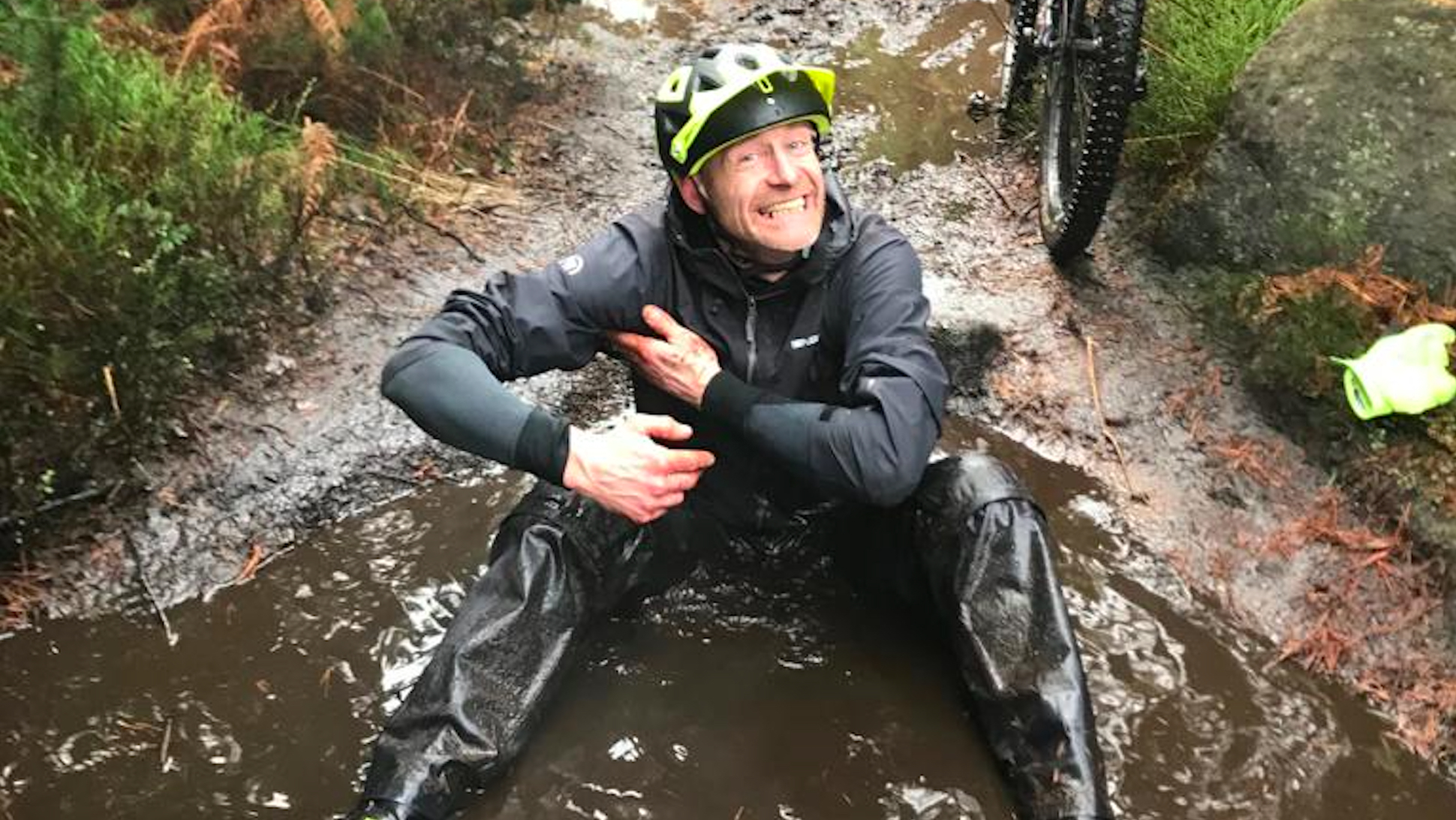
BikePerfect's northern UK Tech writer has been working in the bike industry since the 1980s and testing professionally since the mid-1990s. That means he's tested thousands of bikes and countless components of all types. He's always been a tire fanatic though, especially when it comes to rubber that can add easy speed without getting sketchy on tech trails.
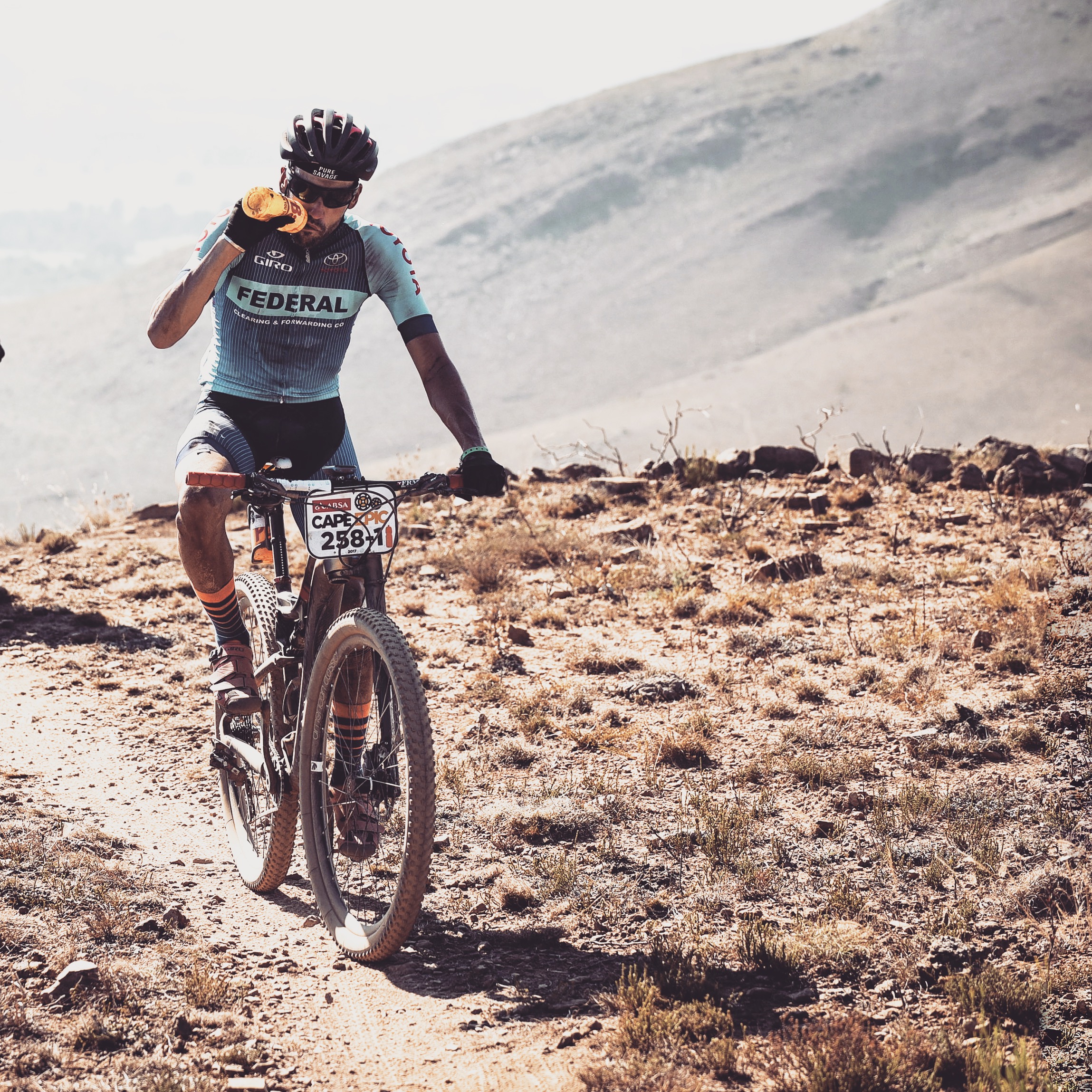
BikePerfect's former technical editor loves cross-country racing and flowing trails. He has twice ridden the Cape Epic and raced nearly every XC stage race in South Africa, so he has a decent understanding of what's good and what's not so good when it comes to XC tires.
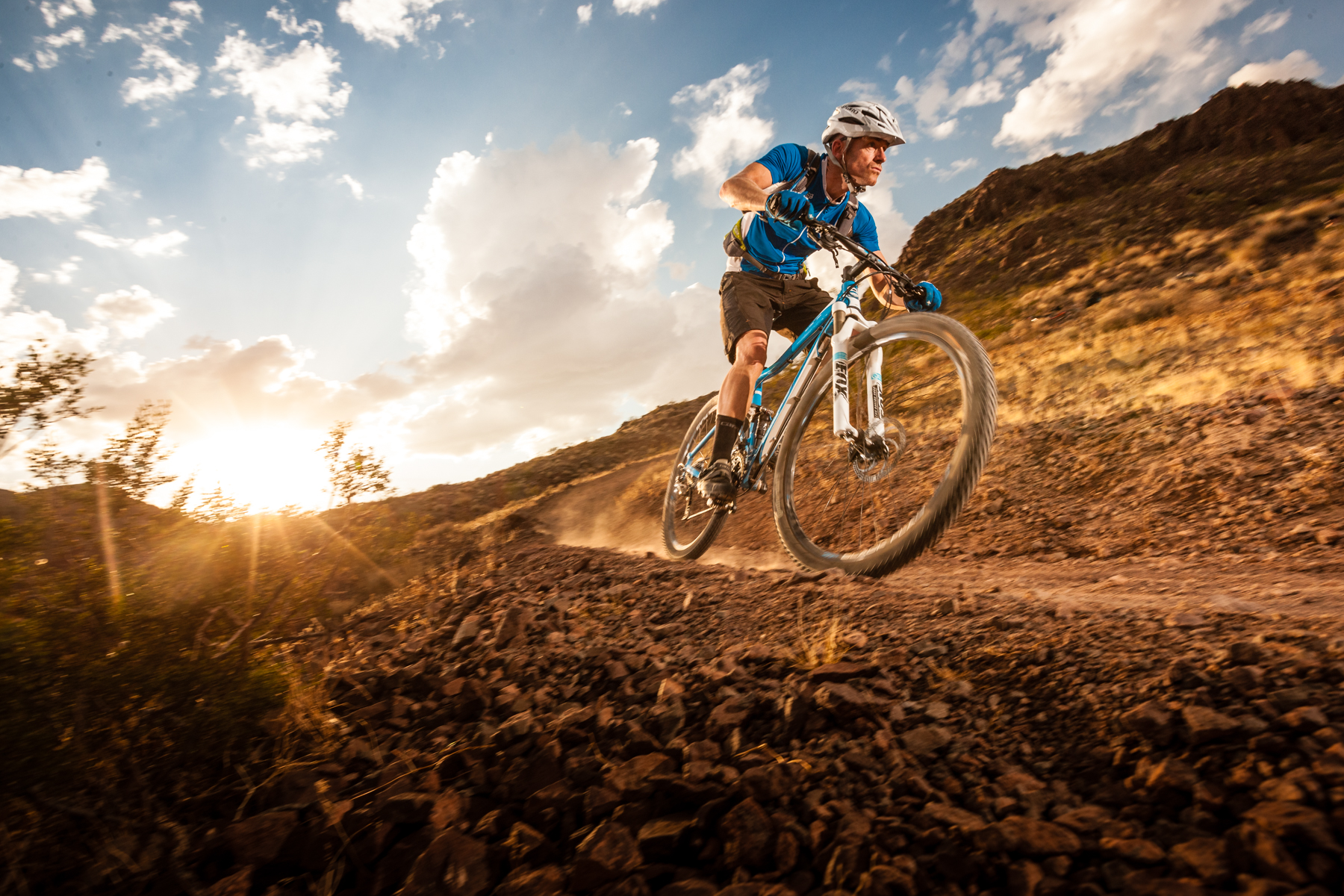
Guy Kesteven has been working on Bike Perfect since its launch in 2019. He started writing and testing for bike mags in 1996. Since then he’s written several million words about several thousand test bikes and a ridiculous amount of riding gear. He’s also penned a handful of bike-related books and he reviews MTBs over on YouTube.
Current rides: Cervelo ZFS-5, Specialized Chisel, custom Nicolai enduro tandem, Landescape/Swallow custom gravel tandem
Height: 180cm
Weight: 69kg
- Aaron BorrillFreelance tester
